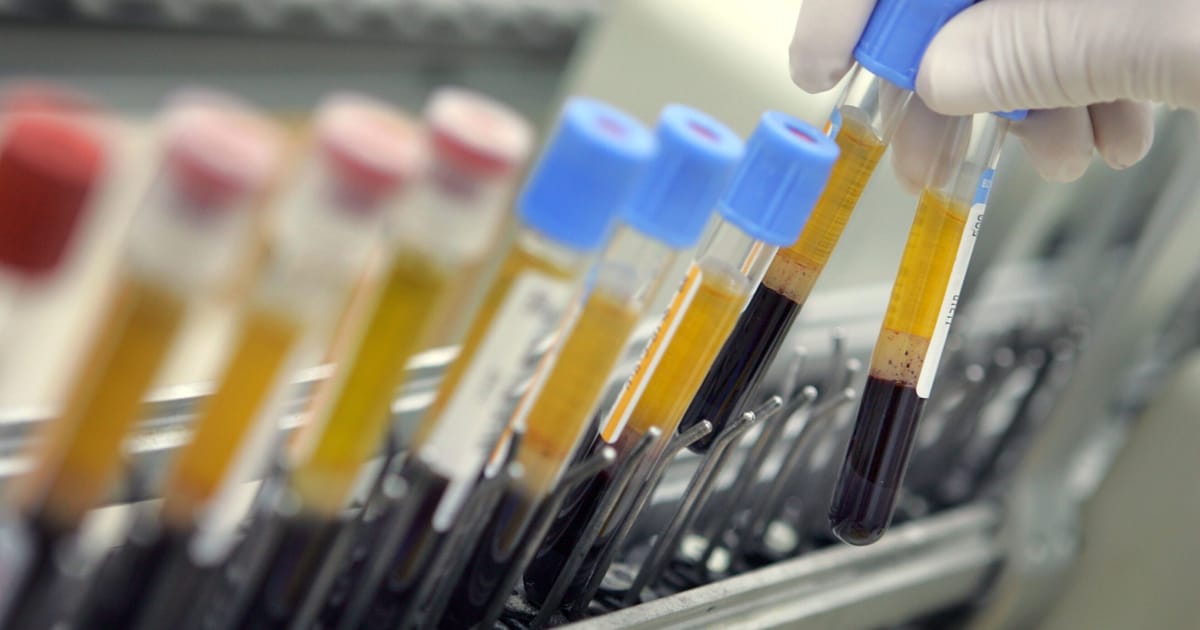

In an interconnected world, recent environmental studies and events remind us of the shared challenges we face. From the presence of persistent chemicals in our bloodstreams to widespread wildfires exacerbated by heatwaves, these developments beckon for our attention and collective action.
In the Netherlands, a study conducted by a Dutch research institute has revealed that ‘forever chemicals’, known as PFAS, can be detected in the blood of every individual tested. PFAS, or per- and polyfluoroalkyl substances, are a group of man-made chemicals that have been used in industry and consumer products worldwide since the 1950s. These chemicals are notorious for their resistance to water, grease, and stains and are often found in products like non-stick cookware, water-repellent clothing, and certain firefighting foams. The study highlights the extensive reach of these substances and raises awareness about their potential long-term impacts on health and the environment.
The presence of PFAS in the bloodstream is a result of their widespread use and subsequent persistence in the environment, earning them the nickname ‘forever chemicals’. While their potential health effects are still being studied, they are known to accumulate over time, possibly affecting fertility, hormonal functions, and increasing the risk of certain cancers. The findings of this study underscore the importance of monitoring and regulating such substances to mitigate their impact.
Meanwhile, on the Greek island of Crete and across mainland Europe, nature is revealing its own formidable power in the face of human-induced climate change. Gale-force winds have fanned a wildfire in Crete, leading to the evacuation of over 1,500 residents and tourists. Firefighters have been valiantly battling the blaze near Ierapetra for over 24 hours, with the fire threatening homes and hotels. This event is part of a larger pattern of wildfires affecting countries like Greece and Germany, compounded by an intense early summer heatwave.
This heatwave, which has been linked to several fatalities, highlights the growing intensity and frequency of climate-related events. With temperatures soaring, the situation underscores the urgent need for adaptive strategies and international cooperation to combat the effects of climate change.
Parallelly, in Portugal, record temperatures have been recorded, with the country experiencing two significant heatwaves in June alone. The Portuguese Institute for Sea and Atmosphere (IPMA) reported the highest-ever June temperature of 46.6°C. These unprecedented temperatures are not only alarming, but they also emphasize the broader climatic trends affecting southern Europe.
The convergence of these environmental issues—the prevalence of persistent chemicals and the dramatic consequences of climate change—draws attention to the need for comprehensive strategies that address both pollution reduction and climate adaptation. It is critical that governments, industries, and individuals take responsibility for reducing emissions and chemical usage, investing in cleaner technologies, and embracing sustainable practices.
As we reflect on these developments, they serve as a collective call to action. Addressing the challenges posed by ‘forever chemicals’ and climate-change-induced heatwaves requires informed awareness, policy intervention, and above all, a commitment to fostering a healthier planet for future generations. By working together with mindfulness and resolve, we can take meaningful steps towards mitigating these pressing environmental challenges.
Source: {link}
